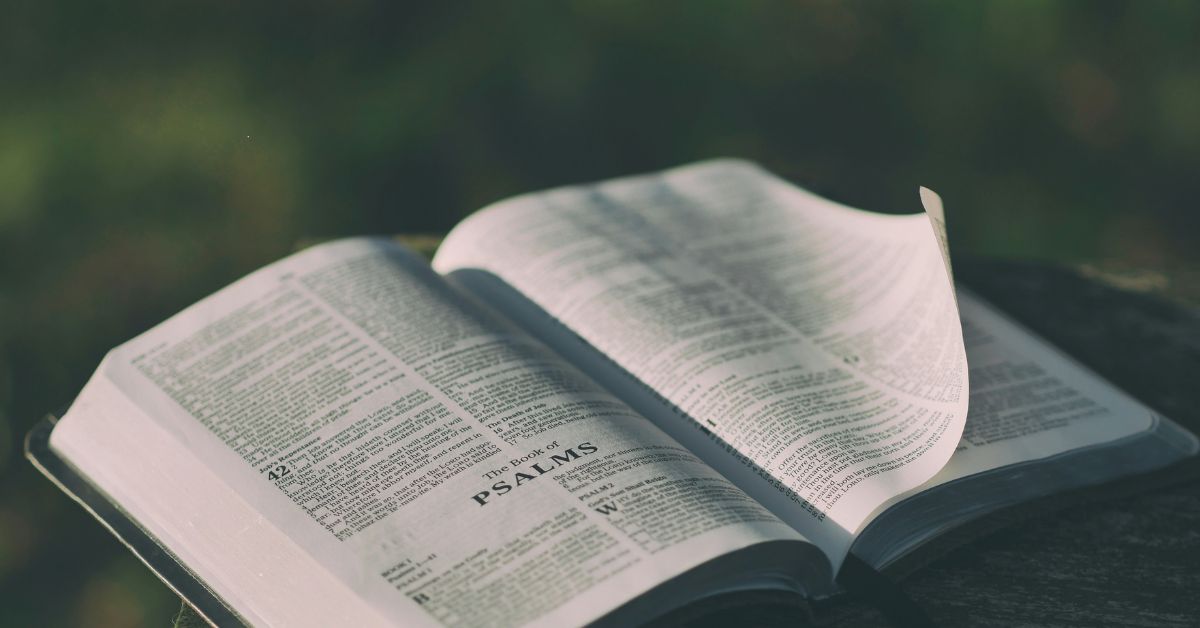It’s easy for us to waver and doubt when we confront the unfairness of life.
In Psalm 73, the psalmist describes how this almost brought him to ruin. I’ll let him describe his dilemma in his own words,
Surely God is good to Israel,
to those who are pure in heart.
But as for me, my feet had almost slipped;
I had nearly lost my foothold.
For I envied the arrogant
when I saw the prosperity of the wicked (Psalm 73:1–3).
The Psalmist’s Answer
The psalmist’s answer is central to how we respond to the unfairness of life.
It’s easy to understand the dilemma that the psalmist was facing, because we ourselves have faced it many times. Why is it that the arrogant and the selfish seem to win? Why is it that those who seem to have no respect for others or for God prosper, while you struggle so much? It is one thing to acknowledge that God is good, but is he good to you when your whole world seems to be crumbling around you? It’s so easy for your feet to slip. It’s so easy to give up!
So, what is it that kept the psalmist on the right path? His answer is central to how we respond to the unfairness of life. This is what he says,
Whom have I in heaven but you?
And earth has nothing I desire besides you (Psalm 73:25).
What the psalmist says is that even though he can’t understand, God is all he has. If he lets go of God, where will he end up?
Life’s Challenges Draw us to God
The challenges of life throw us back into the arms of God, calling us to trust him more deeply.
God invites us to challenge and to question, because he knows that is how we grow. Unfortunately, the reality is that there are many people who question God and end up abandoning him altogether. The sense of unfairness they see around them is way too big, and the disconnect between the message of Jesus and how they see his followers live is just too great.
Psalm 73 shows us that the great questions of today are fundamentally the same questions that people faced millenia ago. These are the questions that we will all face in our lives, sometimes constantly, or in moments of crisis.
The Psalmist’s answer is still relevant today, even after thousands of years. His answer doesn’t involve the presentation of a rational or logical argument to explain the dilemma of the unfairness of life. Ultimately, as the book of Job illustrates, there is no such easy answer that we can understand this side of eternity. Instead, the challenges of life throw us back into the arms of God, calling us to trust him more deeply.
Is God Enough for You?
Don’t be surprised if there are people who do wrong and have a lot more money than you do, while you might even be poor and destitute. Don’t be surprised if the ungodly have plenty of good things to eat, while you may be limited in what you can feed your children. Don’t be surprised if the ungodly have fancy clothes and fancy cars and luxurious houses, while you don’t. None of these things are what God has promised to his children here on this earth. This is a reality that will be constantly thrown in your face by the forces of evil, with the purpose of making you doubt and abandon your faith.
This psalm asks us some very challenging questions. The ultimate question it asks you is, “Is God enough for you?” If you were to lose everything you have in this world, would you still count God as your friend? Would you still be faithful to him? If you think about it, this is really the question that the book of Job poses as well.
Too many people today follow Jesus for the blessings, in the same way that the crowds followed him for the miraculous bread and the fish. What about you? Do you follow God for his sake alone? Is God enough for you?
Article supplied with thanks to Dr Eliezer Gonzalez.
About the Author: Dr Eli Gonzalez is the Senior Pastor of Good News Unlimited and the presenter of the Unlimited radio spots, and The Big Question. Sign up to his free online course called Becoming a Follower of Jesus to learn about Jesus and His message.
Feature image: Photo by Aaron Burden on Unsplash

